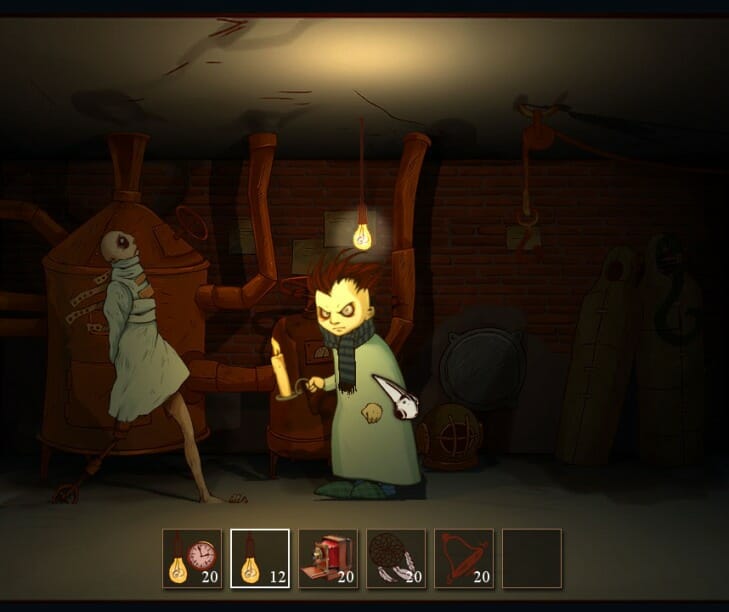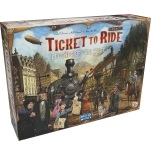Knock-Knock (PC)

If to be afraid of darkness is to be wary of the unknown, then insomniacs encounter that void constantly. For the main character in Knock-Knock, whose only goal is to make it through the night while trying to avoid the nightmares, the darkness has to be dispelled before sleep can even begin, which makes the whole game seem fruitless in hindsight. Even if you make it through the night, there’s always the next one to look forward to.
The newest release by Ice-Pick Lodge—the Russian developer behind The Void and Pathologic—succeeds its predecessors by also being the product of sleep deprived nightmares. Although according to the opening title screen and the company’s website, the game was created based on somebody else’s dreams with little input by the studio.
The hook here that the game encourages you to believe is that somebody sent in the game to the studio, asking the team to finish what they started. It’s a predictable found footage trope and you can choose to either ignore it or give it the benefit of the doubt. From the description, you get the idea that maybe the creators don’t believe it either.
“Many strange things and unclear moments you will encounter in this—whatever it is—are due to requirements outlined in the archive,” the opening screen says. “Maybe it was just a mysterious hoax, but it probably wasn’t. We suggest you view it as just another urban legend.”
Thus the message that greets you as you open Knock-Knock fades to the home screen. Not knowing much else about the game, you click on the start button, not really having much of a choice otherwise besides quitting and remaining blissful.
You’re greeted with the wide raccoon eyes of our main character. He’s the kind of guy who doesn’t sleep too well, or maybe not at all. He seems to be haunted by something, but it’s not entirely clear what. His home or mind (sometimes it’s hard to tell) seems to be clouded with horrific images that not even he can explain, or even properly detail. He looks directly at the player, explains that he has issues sleeping, and, without missing a beat, proceeds to check all the rooms in his house, turn on lights and then wander out into the wilderness.
It’s not until much later that you even begin to realize what the game is trying to depict—it takes a while to get there. There isn’t much of a tutorial to the game’s mechanics and the language makes it difficult to gather if you’re supposed to do one thing over another. For example, when the level highlights certain rooms, it’s unclear whether you have to travel to said spaces or avoid them at all costs. A little bit of trial and error is required to make it through the night alive.
-

-

-

-

-

-

-

-

-

-

-

-

-

-

-

-

-

-

-

-

-

-

-

-

-

-

-

-

-

-

-

-

-

-

-

-

-

-

-

-









































